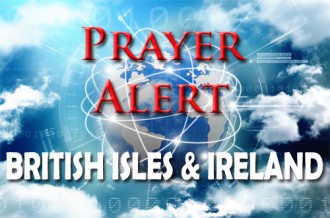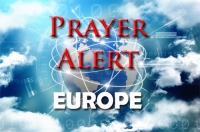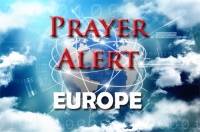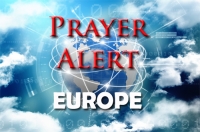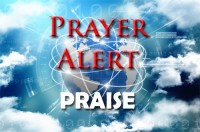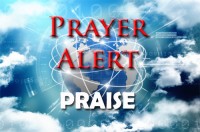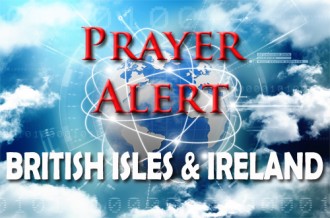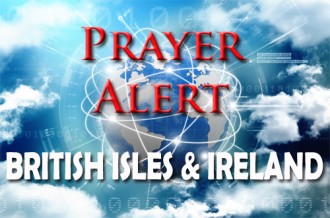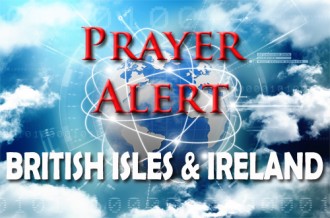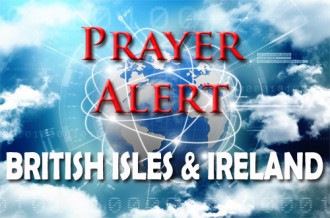Assisted dying: Archbishop urges MPs to reject bill
The UK will cross a ‘legal and ethical Rubicon’ if the law on assisted suicide in England and Wales is changed, the Archbishop of Canterbury has said. MPs will debate the Assisted Dying Private Members' Bill on Friday 11 September; it proposes to allow doctors to help terminally ill patients to die in some circumstances. Justin Welby said the bill would mean that suicide was ‘actively supported’ instead of being viewed as a tragedy. He and the heads of other Christian, Jewish, Muslim and Sikh groups believe the bill goes beyond merely legitimising suicide to actively supporting it and they have issued a joint letter urging MPs to reject it. The Archbishop said that asking doctors to aid suicide would be a change of monumental proportions both in the law and in the role of doctors. ‘This respect for the lives of others goes to the heart of both our criminal and human rights laws and ought not to be abandoned,’ the archbishop said.
Berlin: Asylum seekers converting to Christianity
Hundreds of Muslim refugees are converting to Christianity in a Berlin church. Pastor Gottfried Martens has seen his congregation at the evangelical Trinity Church grow from 150 to more than 600 in just two years, describing the number of conversions as a 'miracle.' One of these converts is Mohammed Ali Zonoobi, a carpenter from Shiraz, Iran, who was recently baptised. For Zonoobi and his wife Afsaneh their baptism marks a new beginning. Zonoobi is one of hundreds of mostly Iranian and Afghan asylum seekers who have been baptised at Trinity Church. However, there are concerns that some are not genuine converts, rather professing a Christian faith to boost their chances of staying in the country. Martens acknowledges this possibility, but says that, once in church, most people do engage and that around 90% of converts continue attending after they have been baptised.
Europe’s migrant crisis
Europe is facing the world’s biggest refugee crisis since the second world war and it is being propelled by wars and persecution. Last autumn the EU suspended full-scale maritime rescue operations in the Mediterranean, believing that their presence was encouraging more migrants to risk the sea journey from Libya to Europe. However, people kept on coming (4% increase during the paused rescue missions). Millions of people are travelling to escape violence, poverty and conflict in their homeland. Their journeys have caused thousands of deaths. The European Commission has called for EU states to take in 40,000 migrants expected to arrive in Italy and Greece over the next two years. On Wednesday EU Commission President Jean-Claude Juncker proposed that 120,000 additional asylum seekers should be distributed among EU nations, with binding quotas. Several nations are anxious and undecided about resettling programmes for nationals seeking asylum and in need of international protection. See: http://www.bbc.co.uk/news/world-europe-34193568
Greece faces emergency
Images of a small boy washed up on a Turkish shore flashed around the globe as a tragic representation of the current Mediterranean migrant crisis in which Greece is at the epicentre, with over 230,000 migrants surviving the treacherous journey to its shores in 2015. But Greece’s emergency goes far beyond this influx of migrants. Greece is racked with impossible debts, with no easy solutions. A legislative election will be held on Sunday 20 September, after which major decisions will need to be made. Greece stands at a crucial moment in its history. However, the greatest threat to Greece is not economic, political, or social. It is spiritual. Even though the evangelisation of Europe started here, less than 0.5% of Greeks are evangelical today. The Orthodox Church, though large, is often devoid of true life and faith. Greece stands today at the edge of a dangerous precipice.

